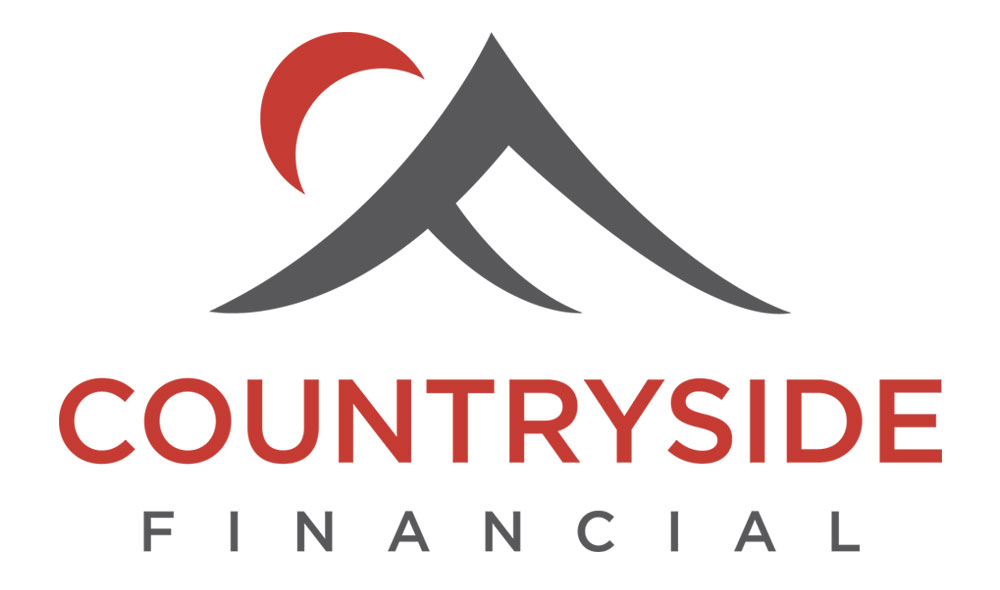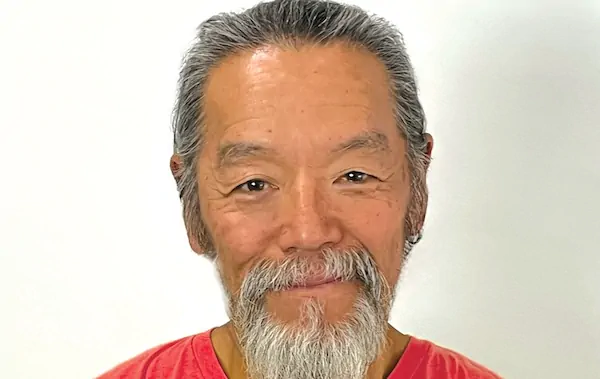10 Mortgage Trivia Facts
These trivia facts of mortgage knowledge are not only interesting, but they may save you money, too!
#1 It’s your Death Pledge. The word mortgage is derived from a Law French term used in Britain in the Middle Ages meaning “death pledge” and refers to the pledge ending (dying) when either the obligation is fulfilled or the property is taken through foreclosure.
#2 We’ve got nothing to complain about! The highest mortgage interest rate was really high; in the second half of 1981, the rate peaked at 21.46%. 5 year fixed mortgages were more than 15% for about two years, from the fall of 1980 to the fall of 1982. 5 year fixed mortgage rates never fell below 10% for a full 18 years – from 1973 to 1991.
#3 Mortgage rates can be quite volatile. Mortgage rates are hot news right now. Many assumed rates change slowly but the Bank of Canada’s eight rate increases in a row have shown us otherwise. Fixed and variable rates can change quickly and without notice.
#4 Different rates for different applicants. You might assume that the advertised interest rate is what you’ll be offered, but that may not be true. Different lenders will offer different rates. Specific application circumstances, such as your credit score, down payment, or property location, will affect rate options.
#5 Mortgages are not the same. Watch out for “no frills”. A no frills mortgage is the most basic, entry level, type of mortgage a borrower can obtain. It has very little or no flexibility, but it also offers lower interest rates than most other home loans. The terms and pre-payment options available with a no frills mortgage are minimal or nonexistent, which can be a huge disadvantage for borrowers over time.
#6 Prepay your mortgage. You can automatically pay down your mortgage (assuming you do not have a “no frills” mortgage as per above). Paying just $100 more per month can shave many years
off your amortization & reduce your interest cost by thousands. You can set up automatic money transfers, over and above your scheduled payment, from your bank account to go directly to your mortgage.
#7 Your mortgage was probably sold-off. It’s very common for you to take out a mortgage with one lender, only for that lender to sell it off to another lender, an investor or have it administered by a third-party.
#8 A great credit score is important. A poor credit score will stop you from being offered the lowest interest rates or qualifying for any mortgage at all. Higher credit scores have exception allowances, lower interest rates, and programs for those well-qualified. Look into how you might raise your credit score and take the necessary steps.
#9 Your assets are not as important. If you have low income but have many cars/trucks/houses, don’t assume that it will be smooth sailing getting approved for a mortgage. Lenders care much more about your verifiable guaranteed ongoing income than your assets; they need to be confident you can afford your monthly payments.
#10 Lenders may overestimate how much home you can buy. I always ask clients: what is your “sleep at night factor?” Don’t let a lender or mortgage broker tell you how much house can you afford to buy. Take the data, but crunch your own numbers; be sure to leave a big margin of error for other costs (kids sports, groceries, travelling, etc), as well as unanticipated issues such as job losses, health issues, or income reductions.
Candace Perko, Mortgage Broker























